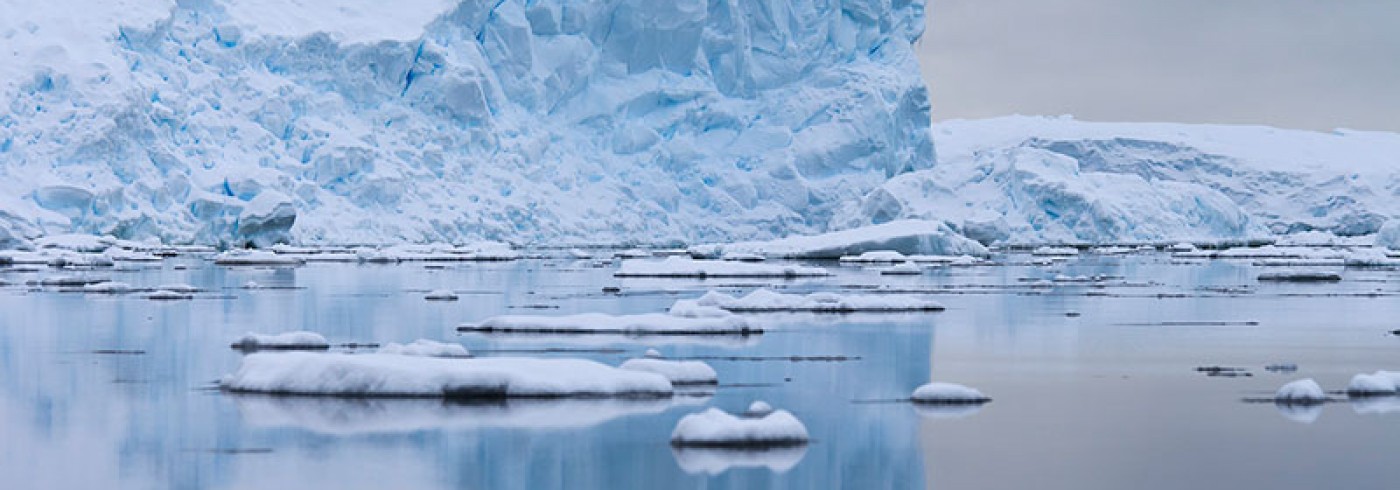The first leg departed Cape Town in South Africa on 20 December 2016. At the end of February 2017, the third leg will depart from Punta Arenas in southern Chile. Research teams from all over the world will work on board the Russian research vessel Akademik Treshnikov.
Nathalie Van der Putten from the Department of Geology, Lund University, will participate in the third leg of the expedition – from Punta Arenas, Chile, to Cape Town, South Africa. Natahalie is part of a palaeoclimatology project measuring the changes in the ocean’s capacity to absorb CO2.
About the research project
More than one quarter of the CO2 in the atmosphere is absorbed by the oceans. The Southern Ocean accounts for around 40%, but according to some models, the capacity of the Southern Ocean to absorb CO2 has been limited by an increase in the strength of the Southern Hemisphere westerly winds. The winds draw CO2 saturated waters back to the surface, which potentially will drive up atmospheric greenhouse gases and accelerate rates of global warming.
Reconstructing past changes in the Southern Hemisphere westerly winds makes it possible to learn more about their impact on the oceanic CO2 sink.
The researchers will collect sediment samples from lakes and bogs on the west coasts of sub-Antarctic islands, for example South Georgia. By analysing the samples for wind-driven aerosols and other proxies, it’s possible to determine the changes in the strength of the westerly winds over the Southern Ocean during the last 12,000 years.
The data can be used in global climate models to test if past changes in the Southern Hemisphere westerly winds explain past variations in atmospheric CO2.
Principal investigator
Dominic A. Hodgson
British Antarctic Survey
Swedish participant
Nathalie Van der Putten
Department of Geology, Lund University

